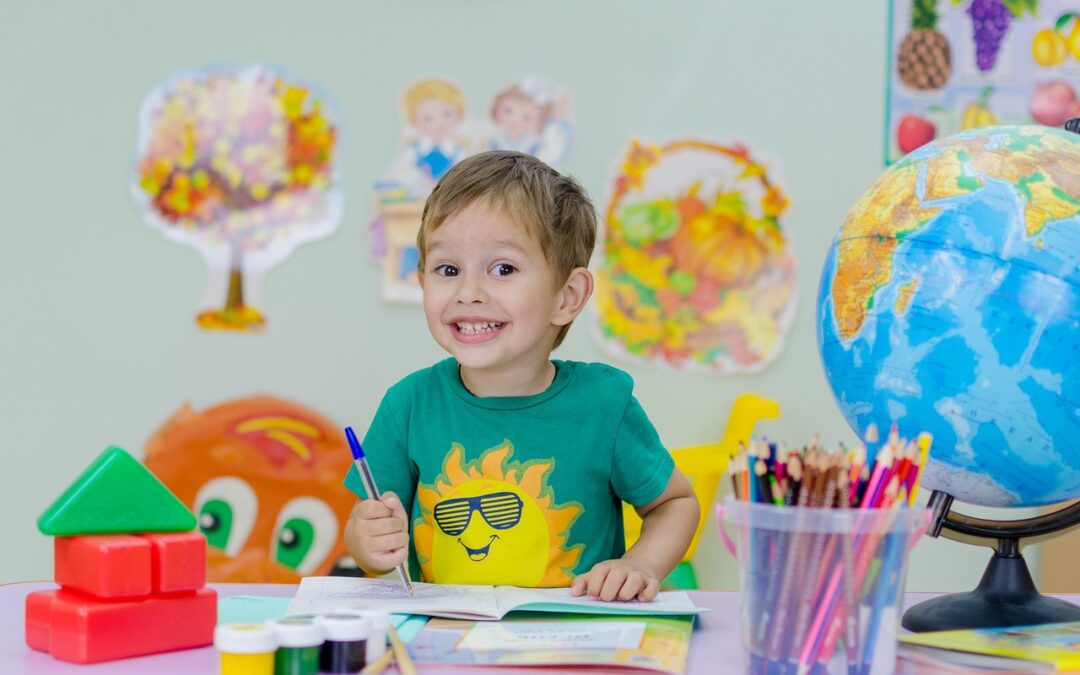Sending our little ones back to school doesn’t have to break the bank or the planet. Consider the environmental impact of this tradition and look towards more sustainable and wallet-friendly options.
Did you know that the fashion industry is one of the largest polluters in the world? In fact, the industry is responsible for about 10% of global carbon emissions (according to a United Nations Environment Programme (UNEP) report), more than all international flights and maritime shipping combined. Additionally, it consumes vast amounts of water and significantly contributes to water pollution due to the chemicals used in dyeing and finishing processes.
The concept of “fast fashion”—inexpensive clothing produced rapidly by mass-market retailers in response to the latest trends—exacerbates these environmental issues. Fast fashion encourages a culture of disposability, where clothing is worn a few times before being discarded. The consequences? Overflowing landfills and increased demand for resource-intensive manufacturing.
But there are ways to mitigate the environmental impact of your wardrobe, especially when it comes to back-to-school shopping:
- Clothing Swaps with Family and Friends: Organize a clothing swap with your family and friends instead of buying new clothes. This is a fun way to refresh your wardrobe without the environmental cost.
- Re-dyeing Old Clothes: Give your old clothes a new lease on life by re-dyeing them. It’s an excellent way to update your style while reducing waste.
- Thrift Shopping: Consider buying secondhand. Thrift stores offer a wide variety of gently used clothing at a fraction of the cost, and it’s a great way to reduce the demand for new products.
- Invest in Quality: When you need to buy new, focus on quality over quantity. Invest in durable, timeless pieces that will last longer, reducing the need for frequent replacements.
Making conscious choices is easy! It let’s us all contribute to reducing fashion’s wasteful environmental impact of fashion. We can choose sustainability over excess this back-to-school season and help protect our planet. Isn’t that a great lesson to teach our big and little ones before they get on those school buses.

